Your Eyes Deserve Expert Attention
From sharp vision to early disease detection — our professional eye exams are fast, comfortable, and thorough.
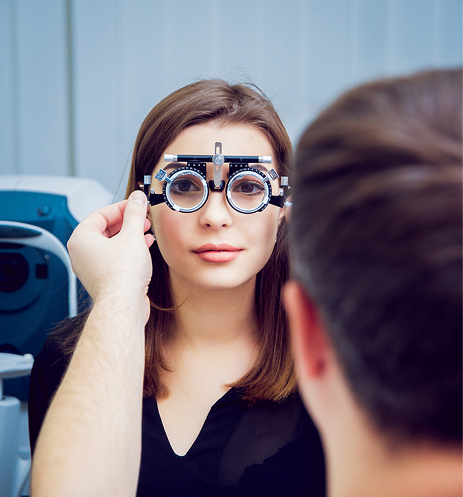
What’s Included in an Eye Exam
Vision sharpness check
Prescription updates
Eye pressure (glaucoma) screening
Retina and optic nerve health check
Lifestyle and screen usage discussion
Standard Eye Exam
The Standard Eye Exam is perfect for most people and covers all the essentials to keep your vision sharp and your prescription up-to-date.
What it includes:
- Vision sharpness test – Check for nearsightedness, farsightedness, or astigmatism
- Prescription check – For glasses or contact lenses
- Basic eye health screening – Quick check for visible signs of cataracts or retinal issues
- Lifestyle discussion – Ask questions, describe eye strain, etc.
Recommended for:
- First-time customers
- People under 40 with no known eye conditions
- Routine 1–2 year check-ups
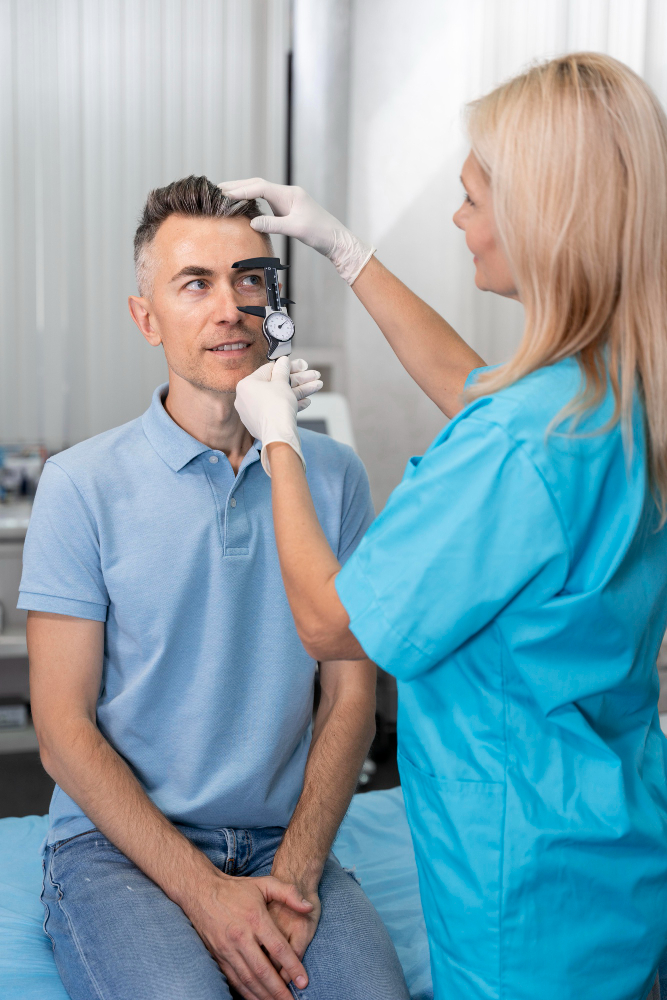
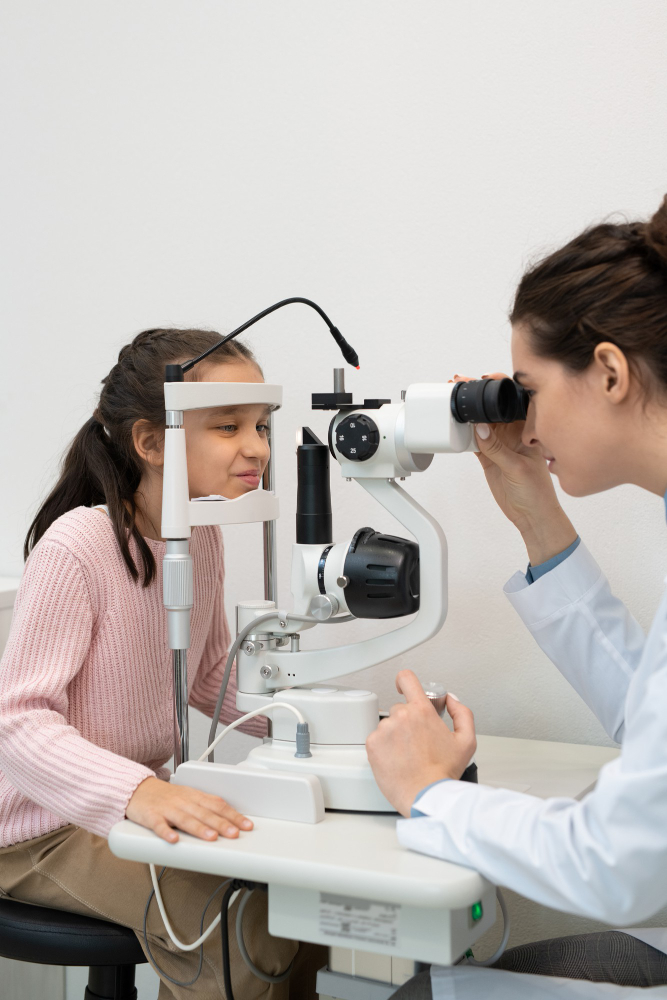
Advanced Eye Exam
The Advanced Eye Exam goes deeper. It includes everything in the standard exam, plus detailed testing to catch potential issues early — even if you don’t have symptoms yet.
What it includes (in addition to standard):
- Eye pressure test (tonometry) – To screen for glaucoma
- Retinal imaging or fundus photography – High-resolution scan of the back of your eye
- Visual field test – To detect blind spots or nerve damage
- Detailed anterior and posterior segment examination – Check lens, cornea, macula, optic nerve
- Extra time with the optometrist for more thorough advice
Recommended for:
People aged 40+
Anyone with diabetes, high blood pressure, or family history of eye diseases
People experiencing ongoing eye discomfort or vision changes
Patients wanting an “eye health audit” — even if they don’t need glasses
How the Process Works
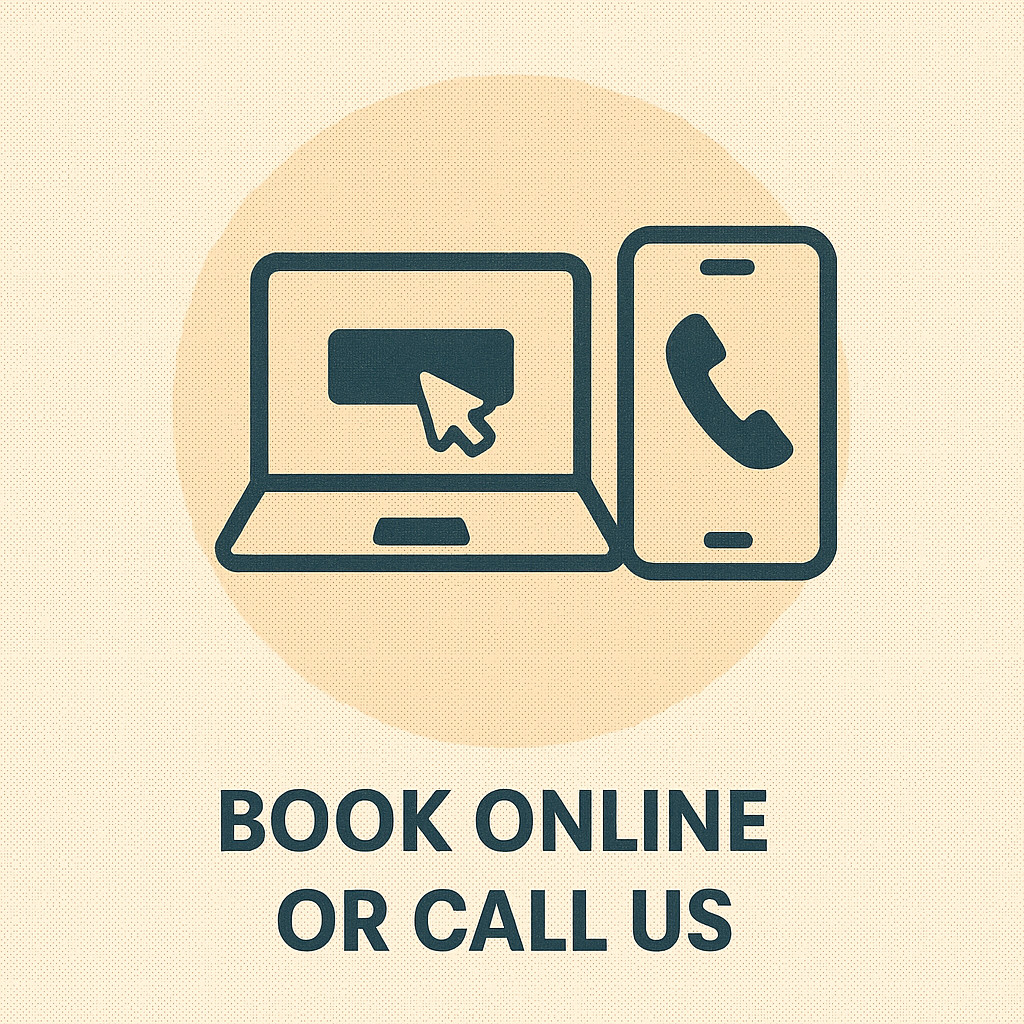
Meet with Your Optometrist
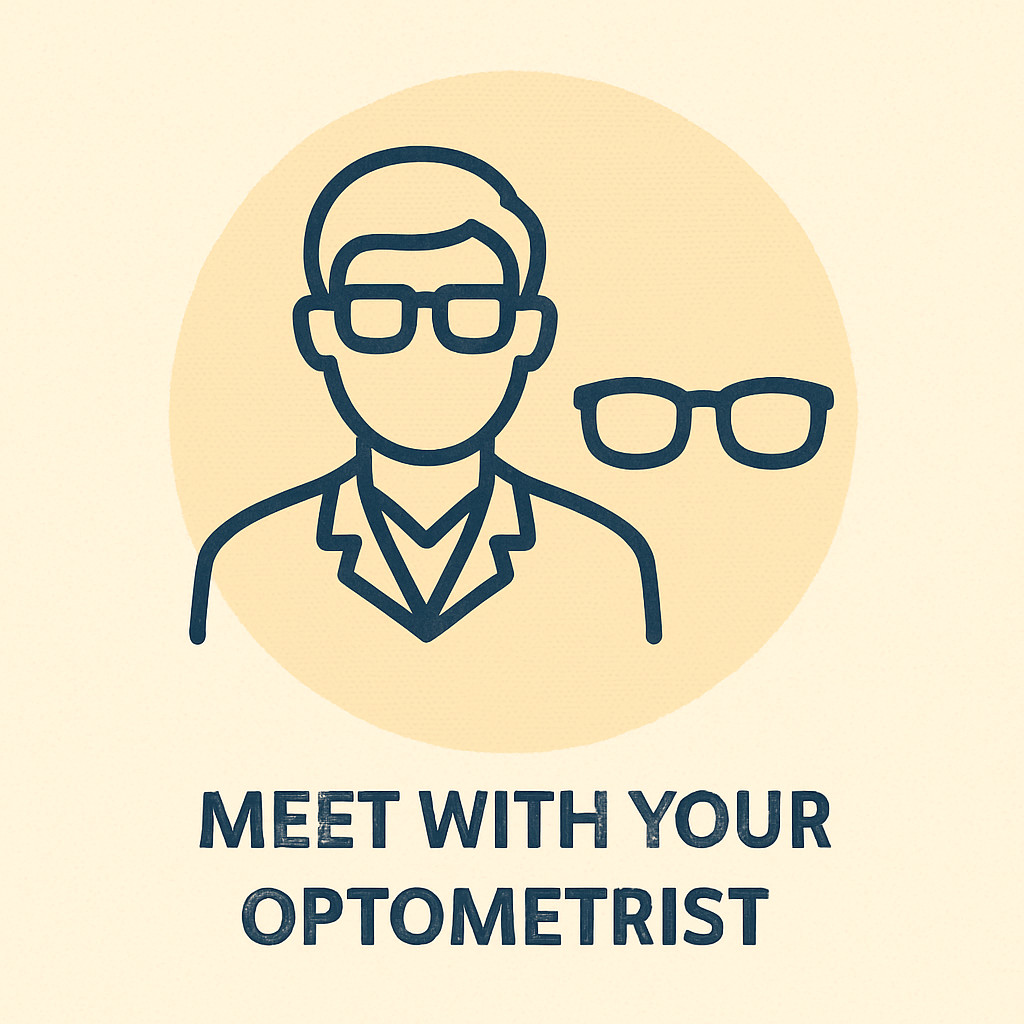
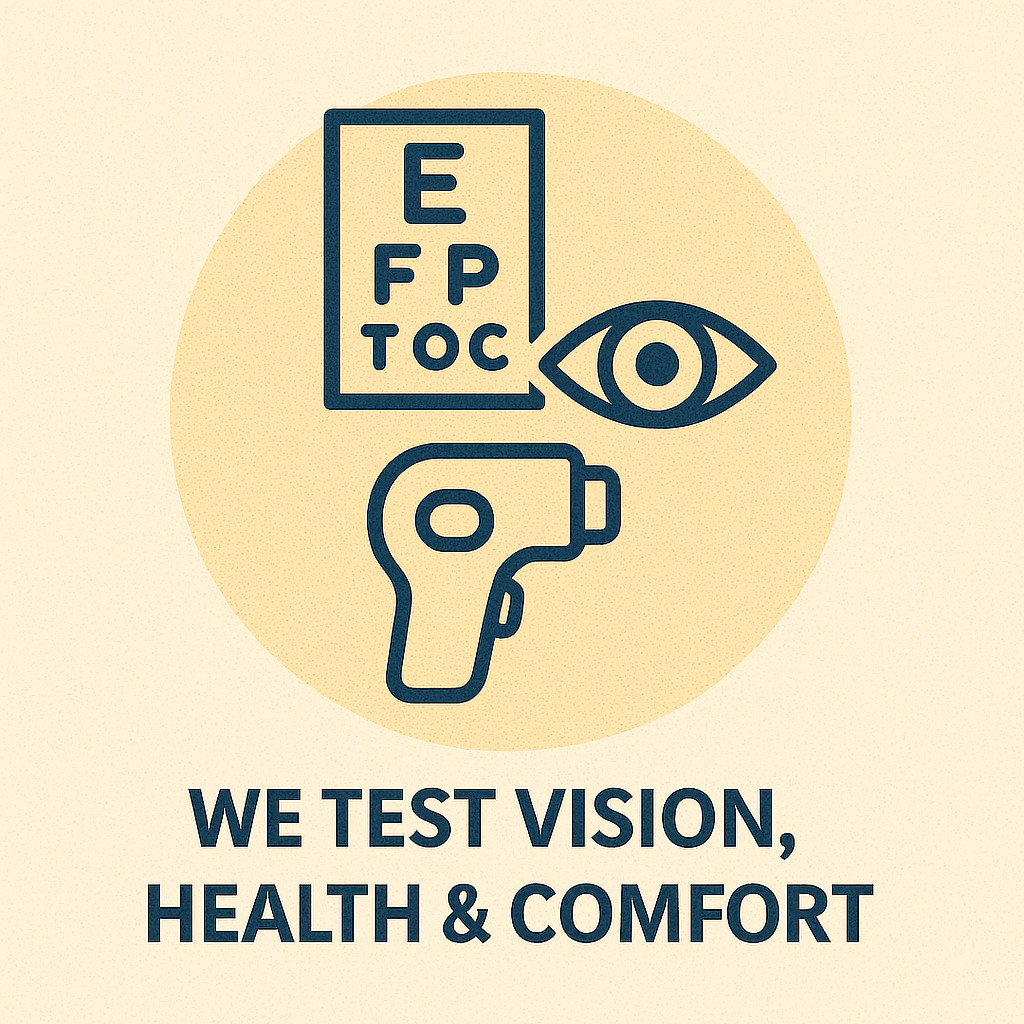
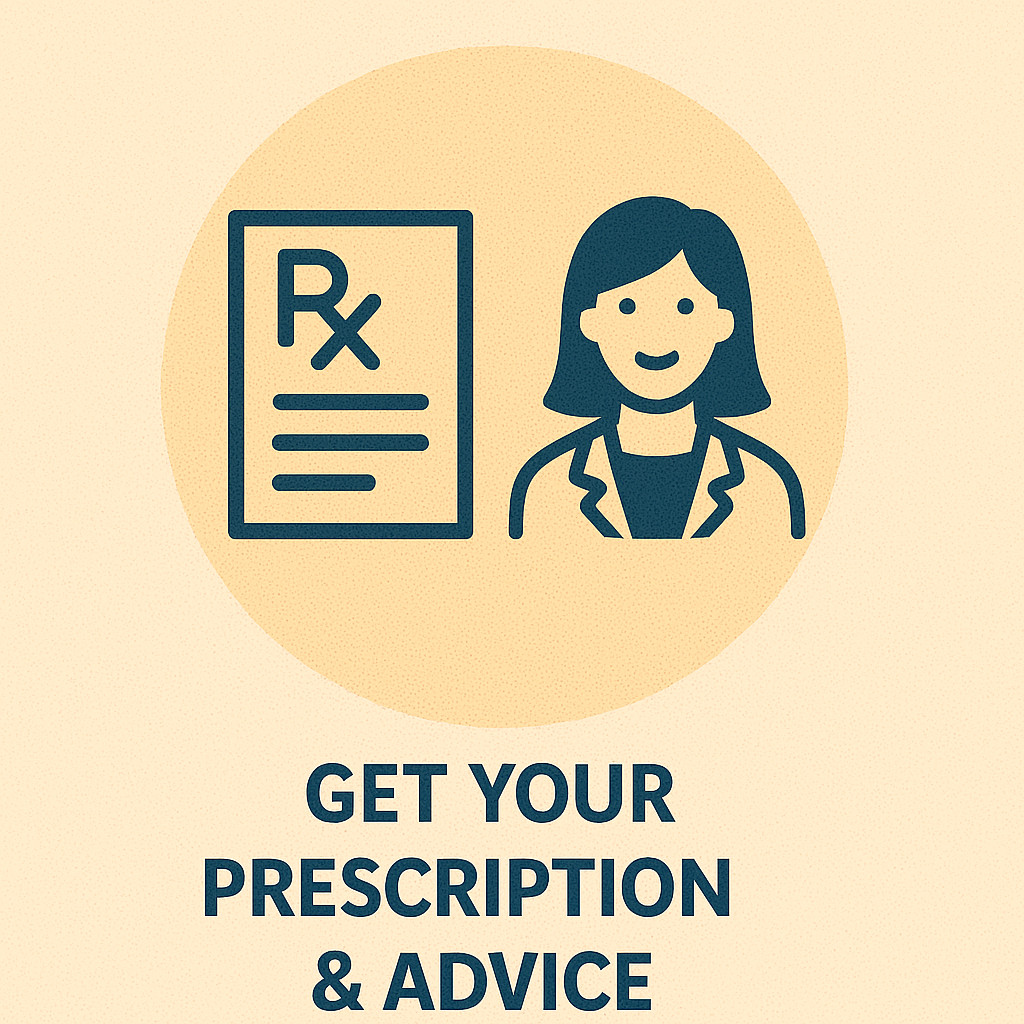
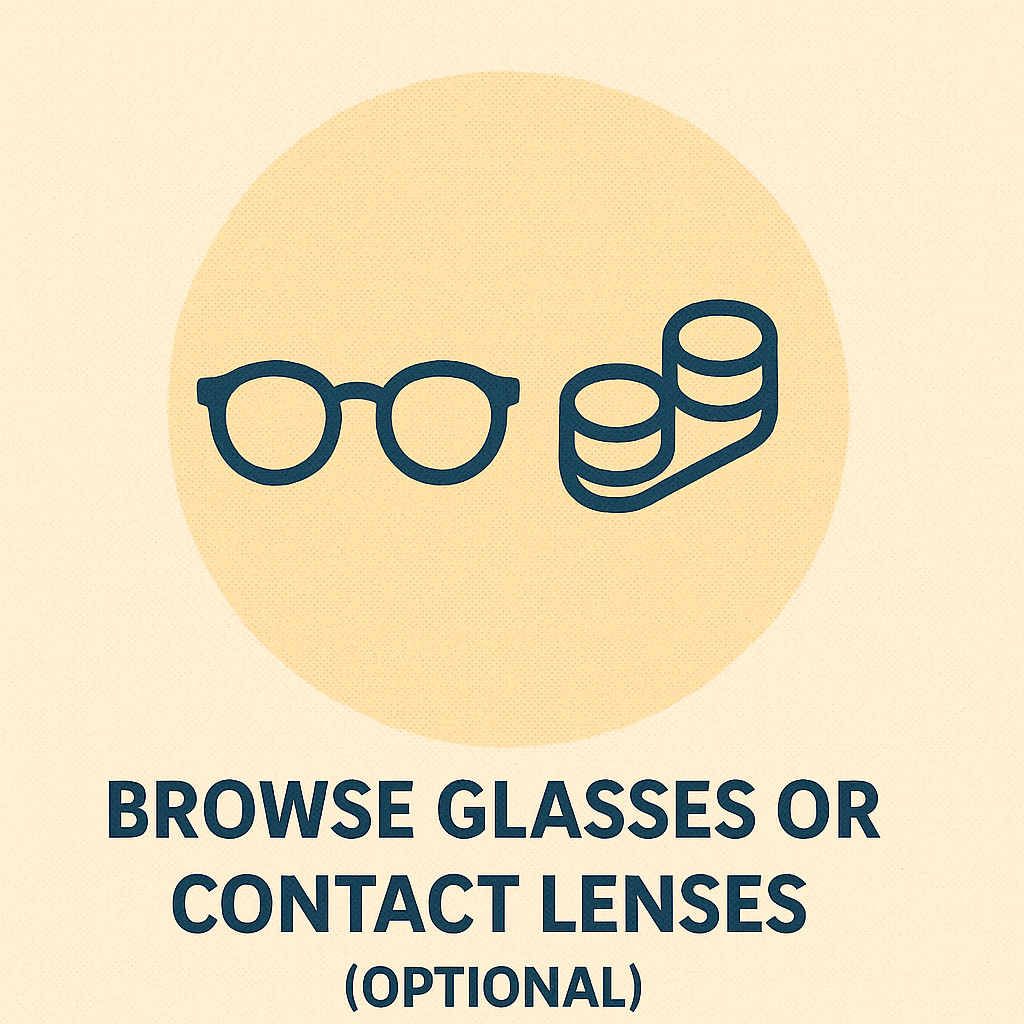
Who Should Book an Eye Exam?
- You haven’t had an exam in 1–2 years
- You get headaches, eye strain, or blurry vision
- You work long hours at a screen
- You’ve noticed changes in your vision
- You wear glasses or contact lenses

“ I had an amazing experience with clubmaster. The eye exam was thorough, and the staff made me feel completely at ease. I found a perfect pair of glasses that not only improved my vision but also matched my style. Their collection is both trendy and high-quality. “
Aarav M
Time to Check In With Your Vision?
Book your eye exam online or give us a quick call. We’re happy to answer questions.
Common Contact Lens Questions (FAQ)
How often should I have an eye exam?
We recommend having an eye exam at least once every two years. If you wear glasses, contact lenses, or have any existing eye conditions, you may benefit from annual check-ups. Our optometrists can advise the best interval based on your individual needs.
Is it covered by insurance?
In many cases, yes — basic eye exams are partially or fully covered by most Swiss health insurance providers, especially if there are medical indications. We’re happy to provide documentation for your reimbursement. For private insurance plans or additional services, coverage may vary.
Does it hurt?
Not at all! Eye exams are completely painless. We use modern, non-invasive technology to check your vision and eye health. You’ll remain comfortable throughout the process, and we’ll explain each step as we go.
Can I drive afterward?
Yes, in most cases you can drive right after your exam. If we need to dilate your pupils (rare for routine check-ups), your vision might be slightly blurry for a few hours. We’ll let you know in advance if this applies to your appointment.
What if I don’t need glasses?
That’s great! Even if your vision is perfect, an eye exam can still detect early signs of eye diseases or other health conditions. Think of it like a dental check-up — prevention and peace of mind are just as important as prescriptions.